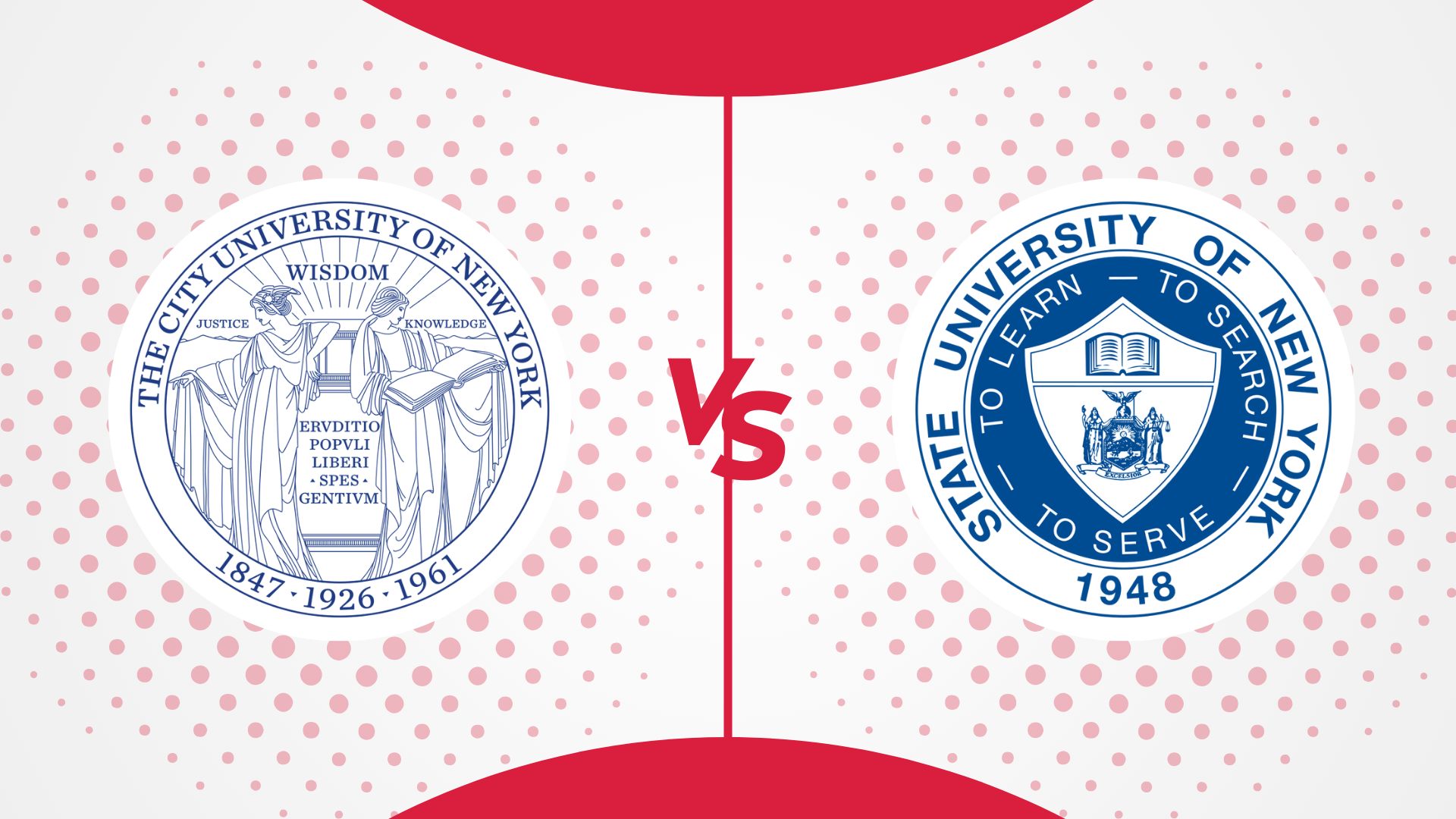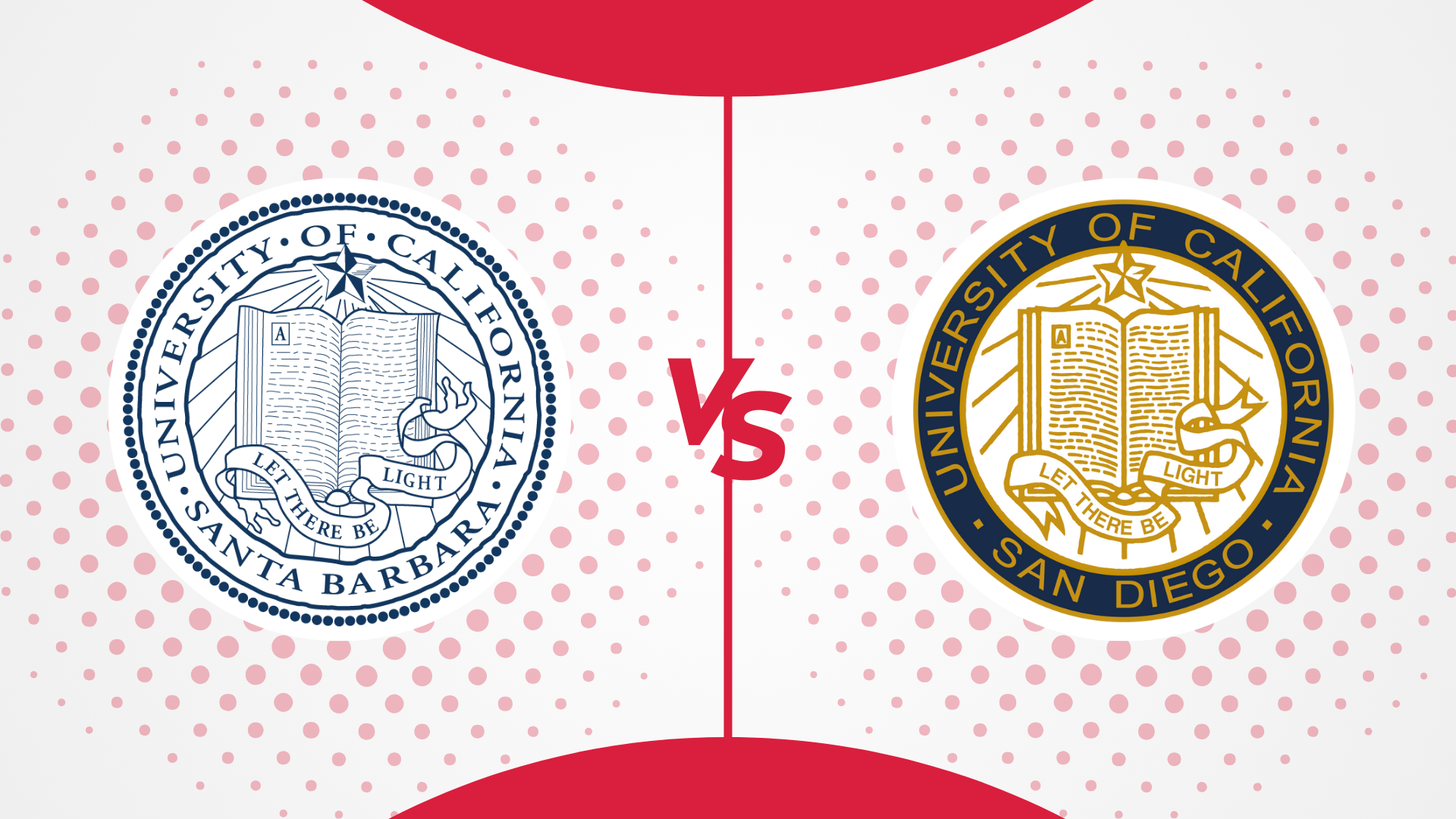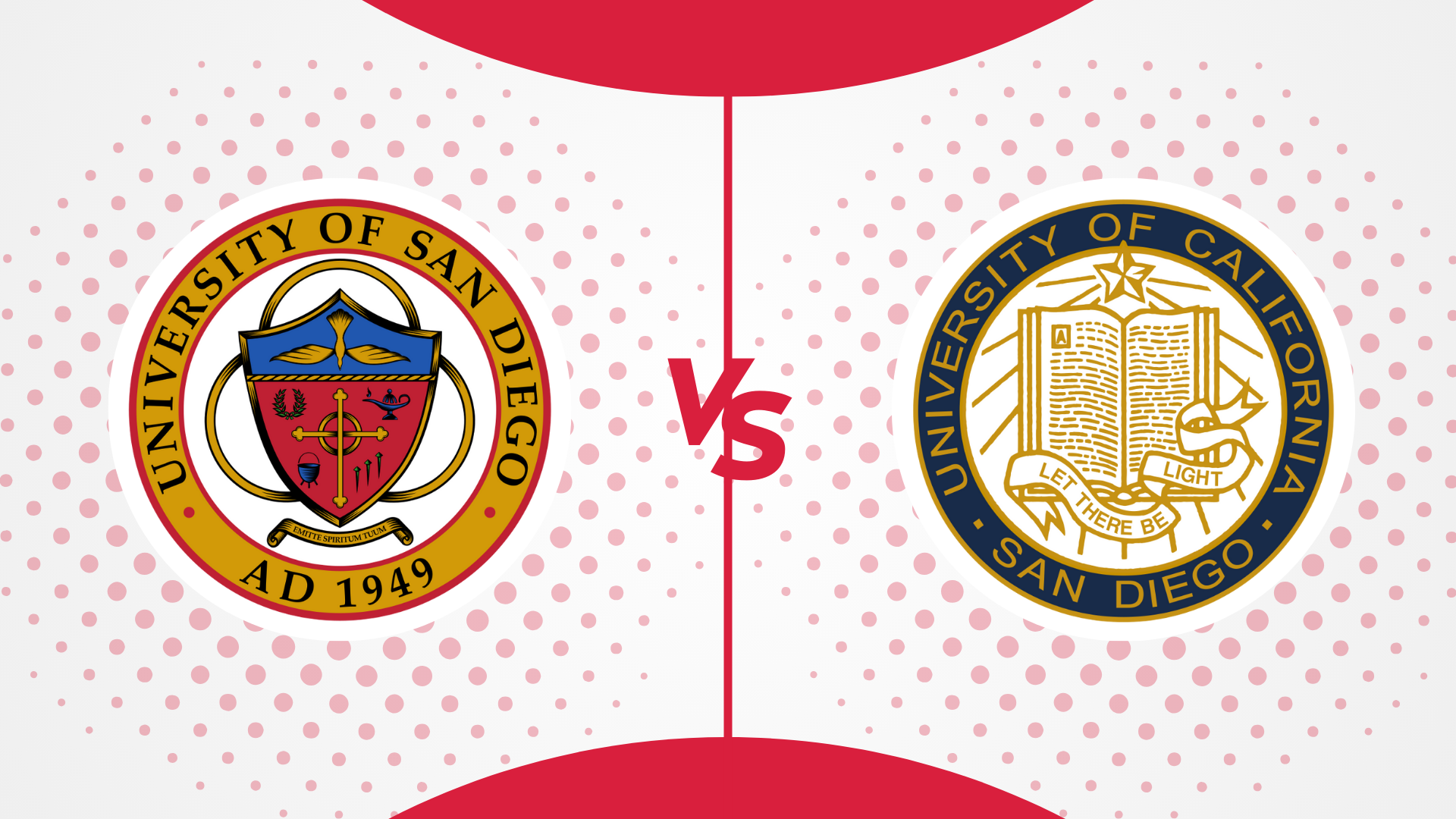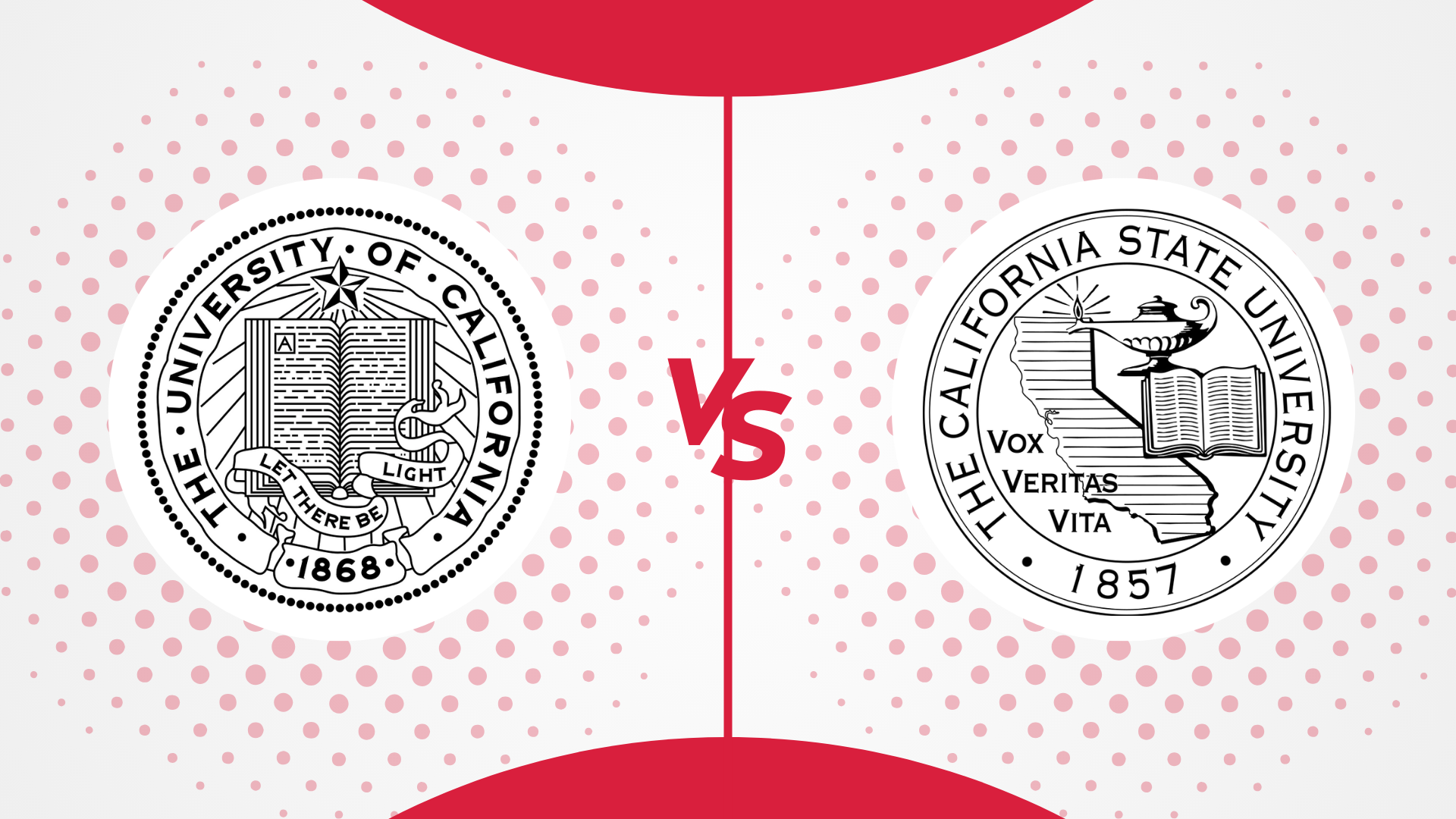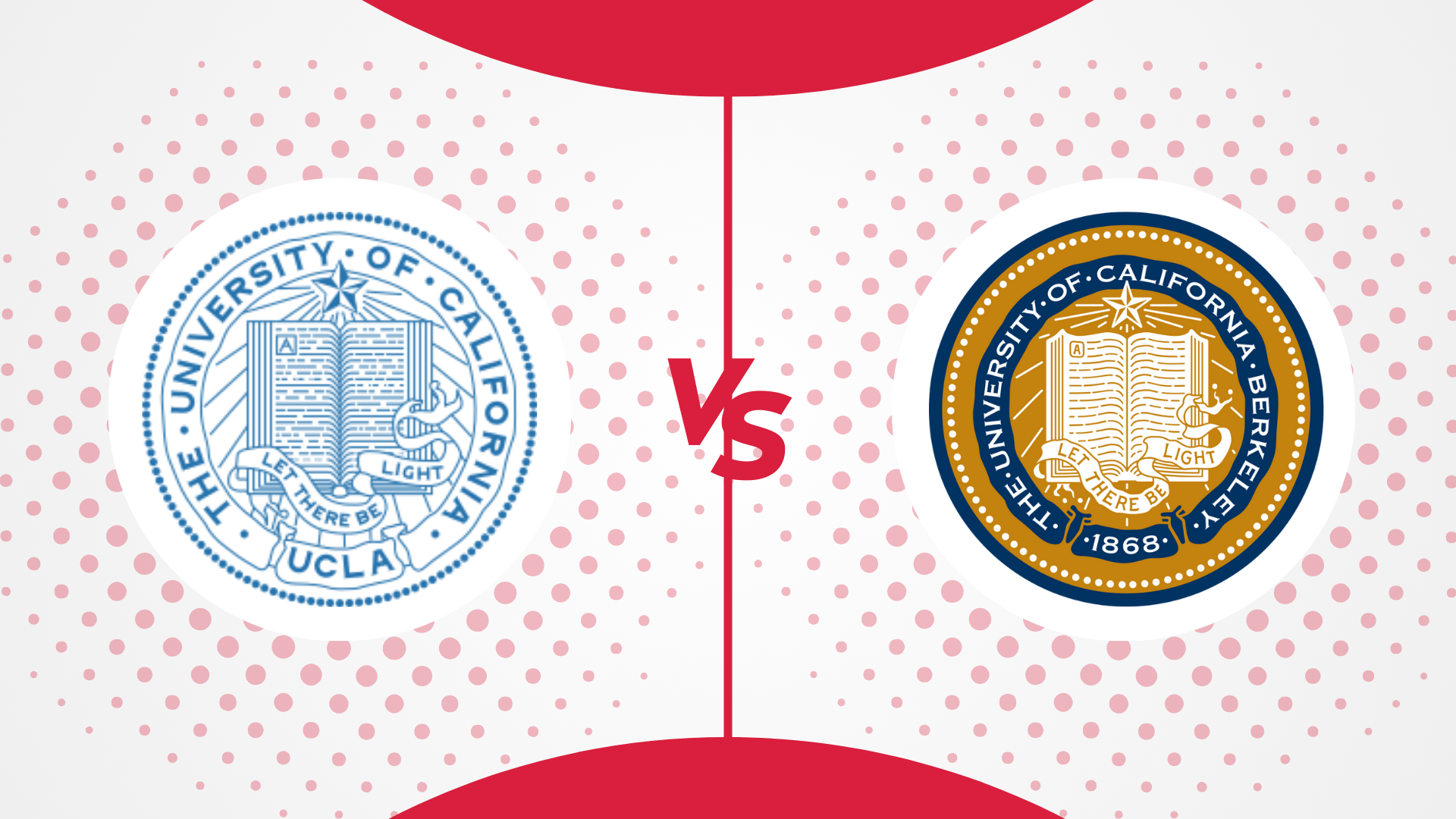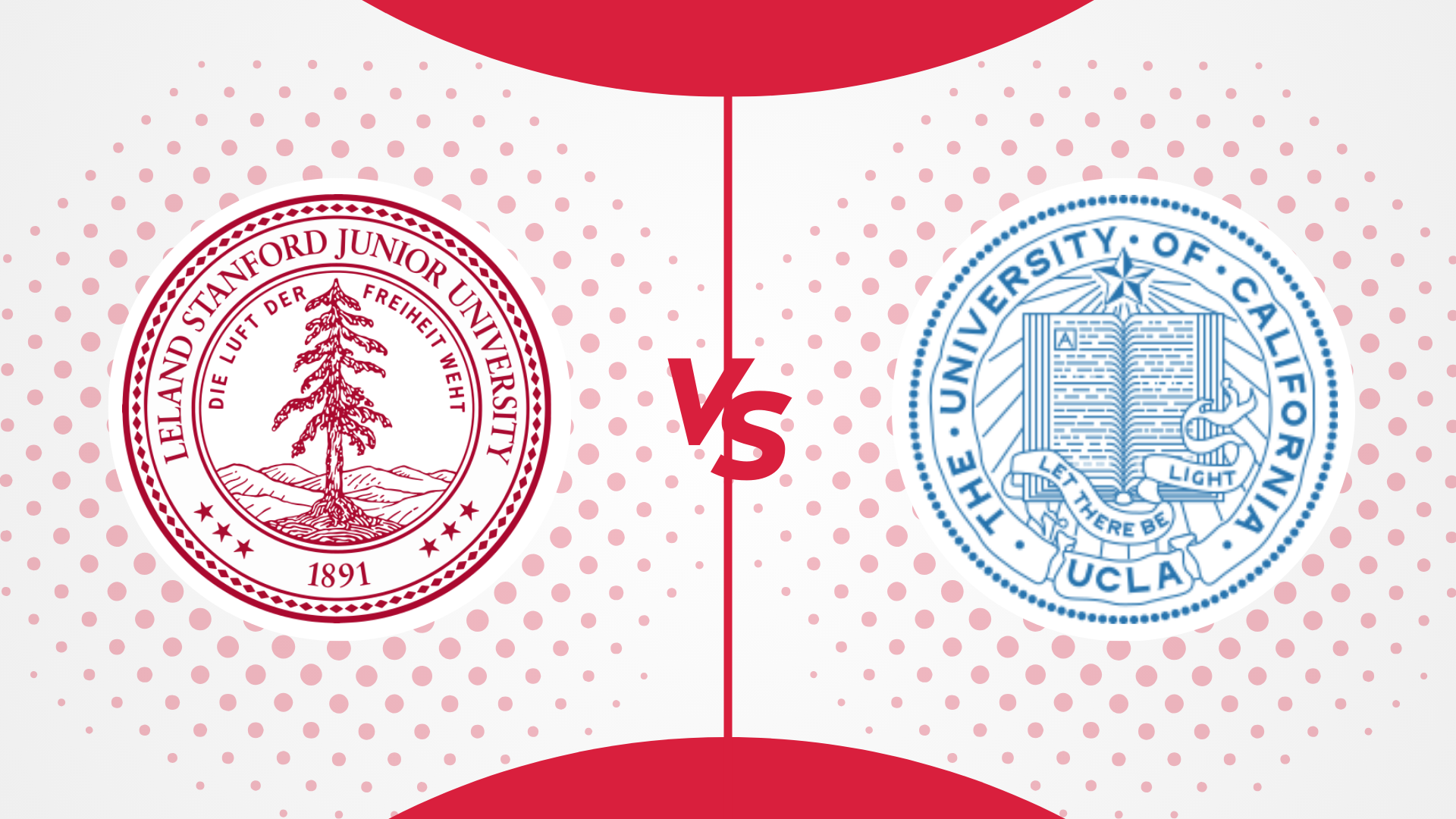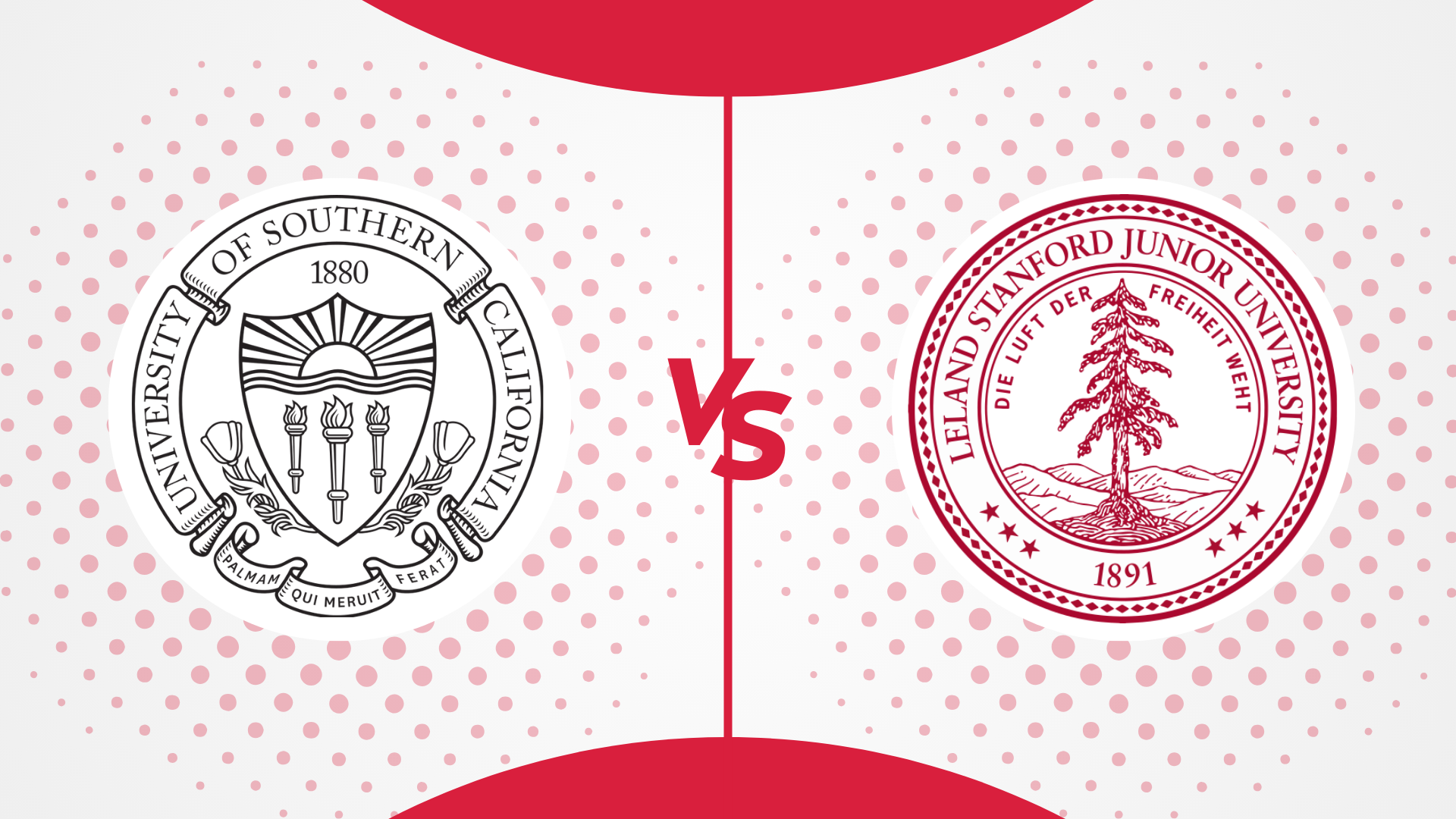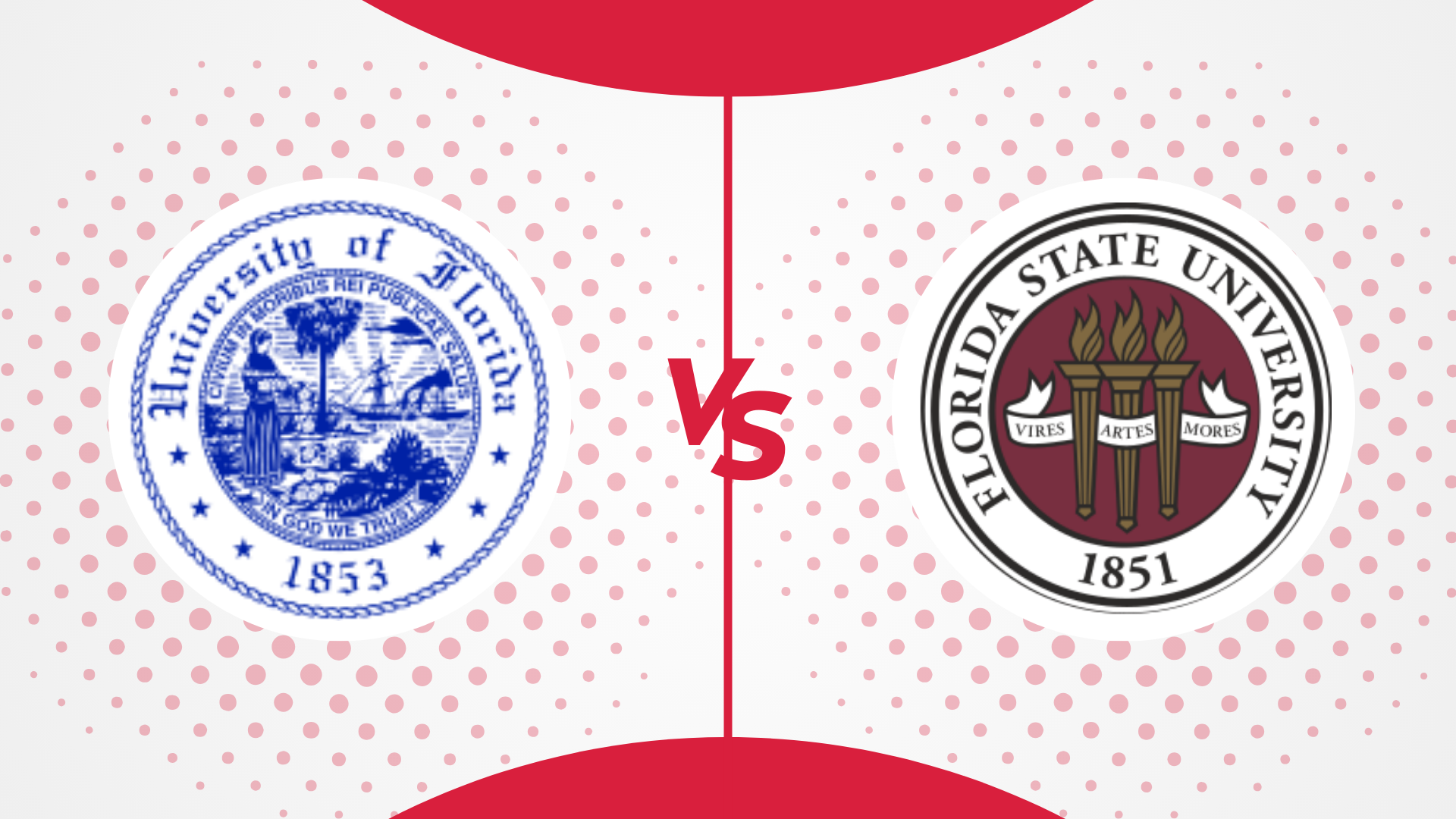Unlike some other university comparisons, the debate of London School of Economics vs London Business School has some clear distinctions. While both are member institutions of the University of London, the scope of degrees that they offer is very different.
This article provides an in-depth comparison of these two top universities across various parameters so that you can make an informed decision about a school best suited for your needs.
Overview of LSE and LBS

Before we get into a detailed analysis of what they offer, here is a quick look at what sets them apart.
- LSE has both bachelor’s and postgraduate programs, while LBS has only postgraduate and executive courses.
- LBS is a typical business school focussing on management, business administration, finance, strategy, leadership and data analytics, while LSE takes a more academic and social science approach to management.
- LBS’s student and alumni network is more global, diverse, and business centric while LSE has a significant student/ alumni body who are more academically inclined.
Brief History and Background
London School of Economics and Political Science
Established in 1895, the London School of Economics is a public research university and a member institution of the University of London. The school was founded by members of the Fabian Society including socialist economist and reformer Sidney Webb, social investigator Beatrice Webb, the political scientist Graham Wallas, and the writer George Bernard Shaw to work towards correcting the gaps caused by inequality. It is due to this background that LSE continues to focus upon the social sciences.
Located in the London Borough of Camden and Westminster, LSE has over 25 academic departments, ranging from accounting to statistics. It is a world leader in social science and policy research, ranking 4th in the UK (Guardian 2025) and 50th in the world (QS WUR 2025).
London Business School
A constituent college of the University of London, London Business School was set up in 1964 to “conventional wisdom, transform careers and empower our people to change the way the world does business.” (Source: LBS). Located at Sussex Place in London, adjacent to Regent’s Park, this school offers master’s programs, MBAs, Executive Education, and online certifications for professionals.
With a student body of about 2,300, LBS ranks 3rd worldwide for business and management studies. The school also awards degrees in partnership with Columbia Business School, MIT Sloan, and the Fudan University in Shanghai.
Key Statistics and Rankings
Here is a table comparing the fundamental stats and ranks when it comes to the London School of Economics and Political Science vs London Business School.
| LSE | LBS | |
| Campus | London, England | London, England |
| Ownership | Public Research University | Post-Graduate Business School |
| QS World University Rank 2025 | 50 | World #3 for business and management studies |
| Times Higher Education Rank 2024 | 46 | N.A. |
| Guardian National Rank 2025 | 4 | N.A. |
| Undergraduate Student Body | 5,983 | Nil |
| Graduate Student Body | 6,051 | 2,300 |
| % of International Enrollment | 64% | 81.3% |
| Average Acceptance Rate | Around 9% | Around 20% for MBA |
| Number of Undergraduate Programs | 40 degrees | Nil |
| Number of Graduate Programs | Around 180 | 10 |
| Number of Athletic Teams | Over 40 sports clubs | Around 15 sports clubs |
| Number of Clubs and Student Organizations | 250+ | 90+ |
| School Colours | Purple, Black and Gold | Blue, Red, and White |
London School of Economics vs London Business School: Academic Comparison

As a prospective student researching London Business School vs. LSE, there are some key differences to consider regarding academics. While they are both top-notch institutions for the study of business, management, and associated subjects, their scope, degrees offered, strengths, and typical student population are all very different.
Let us dive into how LBS and LSE differ when it comes to academics.
Undergraduate Programs
First, if you are looking at London Business School vs LSE for a bachelor’s degree, then there is no choice. London Business School offers only postgraduate and executive level programs.
That said, here is a comprehensive summary of the undergrad programs at LSE.
Program Options:
As its name suggests, LSE’s emphasis is entirely on the social sciences. Except for the geography and psychology programs, all other majors offered at the London School of Economics and Political Science revolve around social sciences and humanities, ranging from accounting and data science to public policy and statistics. LSE offers about 40 different bachelor’s degrees within this discipline.
Degrees Awarded:
LSE primarily offers BA or BSc (Bachelor of Arts or Bachelor of Science) degrees, depending on the course.
Academic Reputation:
LSE is globally renowned, especially in finance, consulting, and public policy, keeping in mind the university’s scope. It ranks 46th and 50th according to THE and QS World University rankings while standing 3rd and 4th in the UK according to the Complete University Guide and the Guardian.
Admission Criteria and Standardized Tests:
The biggest advantage of applying to UK universities for your undergraduate education is the University and Colleges Admission Services, also known as UCAS. As a prospective student, all you have to do is log in to UCAS and apply to up to five different UK universities with just one application.
Admissions criteria for most courses are GCSE (UK high school) scores, A levels, or IB scores. The minimum A-level entry requirement in both schools is A*AA, with an A* required in certain subjects, depending on the major of your choice. LSE also has a long list of international equivalents for students applying from outside the UK. The scores/ grades/ subject requirements vary with the program of your choice. That said, most courses require applicants to have Grade C / Grade 4 or above in both GCSE English Language and Mathematics or an equivalent qualification.
Standardized tests are not mandatory in this UK university. LSE does not require SAT or ACT scores but they will be considered as part of the larger application if submitted. The school, however, has an admissions test called the UGAA, the Undergraduate Admissions Assessment, for some of their programs to aid their selection process.
Moreover, international students are required to take IELTS or TOEFL or any of the accepted tests as proof of English language proficiency. The minimum score required also varies depending on your choice of course. Besides these academic qualifications, your personal essay and letters of recommendation also carry significant weight in your application.
Core Curriculum:
Contrary to universities in America, most UK universities do not have a General Education or a Core Curriculum component. The assumption is that students/ applicants have a basic, functional knowledge of the foundations before entering university. If not prepared, students typically apply to a foundation year before applying for a 3-year bachelor’s degree in the United Kingdom. In the same way, LSE does not have a general core course for all its undergraduates; however, it does have some specific compulsory courses that vary depending on your choice of program.
Examination and Assessments:
LSE, like most UK universities, conducts its exams at the end of every academic year.
Class Size:
While lectures and seminars typically have hundreds of attendees, classes typically have no more than 15 students at LSE.
Top Majors:
Some of the top-rated and popular undergraduate majors at the London School of Economics are –
- Economics and Econometrics
- Sociology
- Communication and media studies
- Philosophy, Politics and Economics
- Global Studies
- Accounting and Finance
- Business and Management
- Political Science
Graduate Programs
Graduate Program Options:
The variety of subjects in which LSE offers master’s and doctoral degrees is relatively lesser when compared to comprehensive universities like Oxbridge, UCL, King’s College London, Warwick, and others. However, when compared to London Business School, LSE has a wide range of options to pursue a master’s degree, including economics, business administration, communication, psychology, statistics, and public policy. LSE has over 180 graduate level programs for its students.
In contrast, London Business School is structured very similarly to most typical American business schools. It runs only ten programs covering the interlinked fields of finance, management, analytics, and business administration. It is more intensive, and its curriculum is built primarily on real-world business challenges.
Degrees Offered:
At the graduate level, the following degrees are typically offered at LSE –
- Taught masters degrees: MA (Master of Arts) or MSc (Master of Science)
- Executive MBA and Trium Global Executive MBA
- Research masters degree: MRes (Master of Research)
- MPhil (Master of Philosophy) – a precursor to a PhD or can be a standalone degree
- PhD (Doctor of Philosophy)
At London Business School, the following degrees are awarded
- MBA and EMBA (various options)
- Masters in Leadership and Strategy with MIT Sloan
- Masters in Management (MiM) and Global MiM
- Masters in Finance (Full-time and Part-time)
- Masters in Financial Analytics
- Masters in Analytics and Management
- PhDs
In addition, the school also has Executive education certificate programs in various subjects ranging from AI to marketing and strategy.
Understanding MBAs in LSE and LBS: If you are looking at either of these two schools to apply for an MBA, here is a snapshot view.
| MBA and its Equivalents at LSE | |||
| Masters in Management | Executive Global Master’s in Management | TRIUM Global Executive MBA | |
| Duration | 1 year | 2 years | 18 months |
| Entry Requirements | 1. UG Degree with 2:1 or higher 2. Work Experience of 3 months or higher 3. GRE/ GMAT 4. English proficiency |
1. UG Degree with 2:1 or higher 2. Minimum 5 years of full-time, relevant work experience 3. GRE/ GMAT recommended but not compulsory 4. English proficiency |
1. Min. 10 years of professional work experience 2. Exceptional professional track record with senior management experience preferred 3. GRE/ GMAT scores may be required on a case-by-case basis |
| Fees | £41,000 | £71,100 | US $204,000 |
| Description | A 1-year MiM course with an in-depth approach to the latest trends and theories in management. Includes a business project and an international study trip. | Designed for full-time working professionals covering the pillars of management and leadership in the global business environment. | Offered in partnership with NYU Stern and HEC Paris.
Designed for senior executives planning to expand into global markets. |
While LSE has 3 main options to choose from, LBS has 8 different options for those seeking a master’s degree in management/ business administration
| MBA and its Equivalents at London Business School | |||
| Accreditations: AMBA, EQUIS EFMD, and AACSB | |||
1. One-year MBADesigned to build on a MiM degree for those seeking a senior management track. 2. MBAWith 15 tailored courses and over 100 electives, you can challenge your thinking and develop leadership and general management tools. 3. EMBA – GlobalJointly developed by London Business School and Columbia Business School, you have the opportunity to study in both London and New York. You will also be awarded an MBA from both B-schools. 4. EMBA – DubaiGain a deep knowledge of markets, organisations, trends and technologies in Dubai, offered in a modular format. 5. EMBA – LondonAn executive modular MBA program in London for executives who choose to continue working. 6. LBS Sloan Masters in Leadership and StrategyOffered in association with MIT Sloan Business School 7. Masters in ManagementFor freshers looking to kick start their career in management 8. Global Master’s in ManagementGain two internationally recognised degrees – a Masters in Management (MiM) and a Masters in Science (MSc) in International Business from LBS and Fudan University in Shanghai. |
College Admissions:
Both universities are fairly highly competitive when it comes to admissions due to their global reputations. At the master’s or doctoral level, the acceptance rate varies significantly across departments. The general minimum admissions criteria in both universities for a master’s program is
- An upper second-class honours degree from a recognised university,
- Personal essays, letters of recommendation, audition tapes and portfolios (if required)
- standardised English language tests for international students.
- Standardized graduate tests (GMAT/ GRE scores) are required for most business/management-related programs,
- Work experience is also required for most MBA programs.
Top Master’s Programs:
| LSE | London Business School |
|
|
Overall and Subject Ranking
The overall ranks of the London School of Economics is as follows –
- Guardian League Table 2025: 4 (National)
- Times Higher Education WUR: 46 (Global)
- QS WUR 2025: 50 (Global)
This is where LSE stands globally when it comes to different subjects.
- #2 in Communication and Media Studies
- #2 in Geography
- #2 in Philosophy
- #3 in Social Policy Administration
- #3 in Development Studies
- #4 in History
- #4 in Sociology
- #5 in Politics
- #6 in Accounting and Finance
- #6 in Social Sciences and Management
- #7 in Economics and Econometrics
- #7 In Law and Legal Studies
- #11 in Anthropology
- #12 in Business and Management
Source: QS Global Subject rankings, 2024.
Considering that London Business School is a niche postgraduate institution, overall rankings do not apply. Here are LBS’s subject rankings
- #3 in Business and management
- #6 in Marketing
- #13 in Accounting and finance
- #28 in Economics and Econometrics
Source: QS Global Subject rankings, 2024.
Constituent Schools
London School of Economics and Political Science is divided into academic departments and institutes.
- Department of Accounting
- Department of Anthropology
- Data Science Institute
- Department of Economics
- Department of Economic History
- European Institute
- Department of Finance
- Firoz Lalji Institute for Africa
- Department of Gender Studies
- Department of Geography and Environment
- Department of Government
- Department of Health Policy
- Department of International Development
- Department of International History
- International Inequalities Institute
- Department of International Relations
- Language Centre
- LSE Law School
- Department of Management
- Marshall Institute
- Department of Mathematics
- Department of Media and Communications
- Department of Methodology
- Department of Philosophy, Logic and Scientific Method
- Department of Psychological and Behavioural Science
- School of Public Policy
- Department of Social Policy
- Department of Sociology
- Department of Statistics
The faculty at London Business School is categorised based on the following subject areas.
- Accounting
- Economics
- Finance
- Management Science and Operations
- Marketing
- Organisational Behaviour
- Strategy and Entrepreneurship
Research Opportunities
The London School of Economics is a member of the prestigious Russell Group of Institutions in the United Kingdom. The Russell Group is constituted by 24 world class research intensive public universities that are also known for their academic rigour and excellence, and their connections to their local communities.
LSE is home to multiple research centres designated for specialist research initiatives. Their goal is to manage and promote a coherent programme of research, often interdisciplinary in nature. Some of its world-class centres include Care Policy and Evaluation Centre, Centre for Economic Performance, Centre for Macroeconomics, Centre for Women Peace and Security and many more. The university spends around £25 million directly on research, and in the 2021 Research Excellence Framework, LSE was ranked third highest in the UK for the quality of its research. The 18 Nobel Laureates among LSE’s staff and alumni are a testament to the numerous research opportunities available.
London Business School, while not a member of the Russell Group, is known for its rigorous academic research with real-world relevance in business, management, and entrepreneurship. It ranks 1st in the UK for the quality of research outputs in business and management (Research Excellence Framework 2021). The master’s programs at London Business School are predominantly taught with a lot of case studies, workshops, and other real-world experiences. Research happens primarily at the doctoral and faculty level. The campus also houses a state-of-the-art lab devoted to running business-related behavioural research studies.
Key Dates for Application
In this section, we will be looking at the key dates for application and admission into undergraduate and master’s programs to get a sense of the timeline. It is also recommended that you verify with the specific department / school that you are applying to, just to ensure they do not follow a different cycle.
| Important Dates | LSE | London Business School |
| UCAS Applications Opens | September 2024 | N.A. |
| UCAS Application Deadline | 29 January 2025 | N.A. |
| Course Begins | August/ September 2025 | August/ September 2025 |
| Master’s Application Deadline | With visa – July 2025 Without visa – September 2025 |
Scholarship last date: 10 March Most programs have rolling Admissions or multiple rounds |
| Decision Posted in | Within 8 weeks | Within 6 – 8 weeks |
| Deadline to accept offer of admission | Within 6 weeks of receiving the offer | Before the deadline mentioned in your offer |
| Average Acceptance Rate | Around 9% | Around 20% for MBA |
Some important points to be considered when applying to LBS or LSE:
- Unlike American universities most UK universities do not have Early Action or Early Admission Decision pathways.
- LSE accepts master’s applications until the programme begins, as long as seats are available. However, applications typically open in October of the previous year and it is recommended that you apply at the earliest, especially if you require a student visa.
- LBS degrees have either rolling admission (where you can apply throughout the year) or multiple rounds during which you can apply. Either way, it is recommended that you complete your GMAT/ GRE and apply at the earliest.
- All undergraduate applications for LSE go through University and Colleges Admissions Services or UCAS. The advantage is that you can apply for up to five colleges with just one application. The application fee is about £30.
- UCAS does not apply to London business school as there is no common application portal for graduate level applications. They can be applied to directly, from the university/ department websites.
- While LSE typically makes its decision based on your application, London Business School interviews their shortlisted candidates before making an offer.
Academic Calendar
Both LSE and LBS follow a trimester system where the academic year is divided into three terms. The Autumn Term at LSE runs from August/ September to December, the Winter from January to March/ April and the Spring April/ May to June/ July. However, since many of LBS’s programs are modular/ designed for executives, some of them follow a different timeline.
LSE vs LBS: Campus Life and Environment

Academics cannot be the sole deciding factor when it comes to the debate of London Business School vs London School of Economics and Political Science. Their campuses, cultures, amenities, all play a role making applicants prefer LSE to LBS or the other way around.
Location
At the outset, both LSE and LBS are located in London, enmeshed in the dynamic city, its rich culture, society and economics. Therefore, largely speaking, there is no significant point distinguishing these two schools when it comes to location. Students tend to spread out across the city, depending on financial restrictions or personal preferences. Both colleges enable their students to explore life in one of the greatest cities in Europe and in the world.
That said, while not enclosed, the LSE campus is pedestrianised, with most of its buildings within walking distance of one another in Central London. The main LBS campus is located at Sussex Place in central London, on the border of Regent’s Park. In addition to the main building, the London campus includes the Taunton Centre, the Sammy Ofer Centre, and the North Building, all located within a 1 mile radius. If you are looking at the distance between LSE and LBS, it is a mere 3 miles.
Fun fact, the Sherlock Holmes Museum at 221B Baker Street is a mere 5 minute walk from the London Business School campus. LBS also has a secondary campus in Dubai, dedicated to Executive Education and the Dubai EMBA.
Campus Size and Amenities
LSE’s is a modern campus with 20th century architecture. A compact campus that is mostly accessible by walk, it consists of academic buildings, support services and social facilities in one location. Campus amenities include academic and research facilities, a world class library, cafes, restaurants, bars, a students’ union gym, a faith centre, and an NHS medical facility. Unlike Oxford or Cambridge, LSE does not have a collegiate system but only residence halls for its students who choose to stay on campus.
The London campus of LBS is known for its peaceful and intimate ethos, set back from the busy London arteries that run parallel to it. The Taunton and North Centres, along with the newly refurbished Sammy Ofer Centre, where many of the seminars and lectures take place, are all located within a 1 mile radius. The city’s cultural richness and spirit of innovation is reflected in the LBS campus. The campus also includes various options for food, and a fitness centre.
It is important to keep in mind that a typical “student” at LBS is a professional, with many years of work experience, already on, or working towards a management track. So, the college “vibe” is a lot more professional when compared to LSE.
Student Activities and Organisations
Let us begin by saying that UK universities are not as athletically inclined as US universities. That said, LSE has over 40 athletic/ sports clubs and 250+ student organisations run by the Student Union. In contrast, LBS has about 15 sports clubs and over 90 organisations, mostly to do with management, industry and networking. This is a direct result of it being a professional institution, rather than a college/ university with students right after high school.
Accommodation
Student accommodations at the LSE campus are called halls of residence, which provide single and shared rooms for its students. LSE has 8 halls dedicated to it, while some students can also be accommodated in some of the University of London halls, including the Sidney Webb House or College Hall. About 4,000 LSE students are accommodated on campus, while the rest choose to stay in private housing around the campus. LSE also guarantees accommodation for first-year undergraduate students.
LBS does not have on-campus housing but offers community accommodation with a range of local hotel providers.
LSE vs London Business School: Financial Aspects

Besides academics and campus amenities, another important aspect in the LBS vs LSE debate is the cost involved. They are both public colleges under the University of London and are generally more affordable when compared to the privately owned ones. However, as a business school mostly for professionals, London Business School, with its global presence, can be expensive.
Another significant advantage of UK universities is that a bachelor’s degree usually takes only 3 years to complete (except in Scotland) and most masters’ degrees can be finished in 1 year. Compared to the US, Canada, Australia, New Zealand, or any other country, a student studying in the UK saves up to a year’s worth in tuition.
Both LSE and LBS have options for financial aid, for both home and international students. It is important to look into scholarships and bursaries allocated for specific colleges/ departments to choose the most suitable option.
| Annual Rates | LSE | LBS |
| Tuition (Bachelor’s) | UK students – £9,250 International – £28,000 – £35,000 |
N.A |
| Tuition (Master’s, not including professional programs) | UK: £18,000 – £48,500 International: £28,900 – £48,500 |
£45,000 – £65,000 |
| MBA Tuition | 1 year MiM – £41,000 2 year Global MiM – £71,100 TRIUM EMBA – US $204,000 |
£47,500 – £150,000 |
| Housing (On-Campus) | £6,050 – £13,000 | N.A. |
| Food | About £2,500 | About £3,000 |
| Off-Campus Housing | Around £12,000 | Around £15,000 |
| Types of Financial Aid | 1. Government loans (for UK students) 2. Bursaries 3. Scholarships |
1. LBS scholarships 2. Loans 3. LBS Bursaries |
| For international students | Most bursaries at LSE are open only to home students. Overseas students can apply for various department specific scholarships that are awarded based on merit, or can also apply for external scholarships. LBS scholarships are open to both home and international students. | |
Here are a few important points to be kept in mind.
- The tuition rates are for an academic year composed of three terms and the typical coursework load. Choosing extra courses/ summer programs will add to these amounts.
- The tuition fee varies, if you are doing a Placement Year or a Study Abroad year.
- The tuition fee amounts in the table are indicative of only the cost of attendance. It does not include books, club fees, and other expenses. International students can also avail the benefits of the NHS by paying a surcharge of £470 per year.
- As mentioned earlier, it is important to research into scholarships made available for specific programs/ colleges. LSE also offers financial aid based both on academic merit and performance in sports. The need-based financial aid is called a bursary and is open to both home and overseas students.
- Besides the university funded scholarships, international students can look into the British Council Scholarships, GREAT scholarships, Chevening, the Charles Wallace Trust, and the Commonwealth Scholarship options.
LSE vs London Business School: Career Prospects and Alumni Network

Considering the reputation and legacy of the two universities and their extensive alumni networks, there is no doubt that a graduate of these schools will have numerous opportunities of their choosing after graduation. The academic rigour and culture of research in these two universities create a pedigree that recruiters often compete to get for their organisations.
Employment Rates
As two of the most highly sought-after universities in the UK, LBS and LSE have high graduate employability rates and are ranked highly on the employability scale. The Guardian League Table scores LSE with 93 on a scale of 100 when it comes to a career after 15 months of graduation. According to the Complete University Guide, the graduate prospect outcome of success is 91% for LSE graduates. As a business school, LBS is one of the highest-ranked when it comes to graduate employability. About 91% of its MBA graduates receive an offer within 3 months of graduation.
Notable Alumni
LBS, a much smaller b-school, has over 50,000 alums across the globe. At the same time, LSE’s alumni network extends across a community of 110,000 people who are some of the brightest minds in science, technology and business. If you are looking at Nobel Laureates, 18 of LSE’s staff and alumni have won this coveted prize.
Notable Alumni from LSE include
- BR Ambedkar, Architect of the Indian Constitution
- Kristalina Georgieva, Managing Director of the International Monetary Fund
- David Rockerfeller, Philanthropist
- Dr K R Narayanan, Former President of India
- Professor Amartya Sen, Nobel Laureate and LSE Honorary Fellow
- Dr Manmohan Singh, Former Prime Minister of India
- Pierre Trudeau, Former PM of Canada
Notable Alums from London Business School include
- Cyrus Mistry, Entrepreneur
- Ilya A. Strebulaev, Economist
- Laurence Boone, Economist
- Tony Wheeler, Co-founder of Lonely Planet
- K M Birla, Industrialist and philanthropist
Career Services
From internships to employment opportunities, organisations and recruiters seek students and graduates of top notch institutions like London Business and LSE. In both universities, the career centres for strategy and success assist their students to gain practical experience, build networks and communicate their aptitudes and skill sets to prospective employers. They also play an instrumental role in building leadership skills and specialised skills that are essential to a workplace.
In both universities, the career centre connects students to professional opportunities and prospective employers through seminars, job fairs, and numerous other on-campus events. Their goal is to clarify career aspirations, identify opportunities, and offer support at every stage of career development.
LSE also has options for placement year and apprenticeships wherein students can gain practical experience either through summer internships or year-long placements. The typical class group at LBS is in itself a great source of networking and professional contacts.
London School of Economics vs London Business School: Conclusion

Deciding between the London School of Economics and London Business School involves considering various factors such as academic strengths, campus life, financial implications, and career prospects. Both universities are members of the University of London, which offer world-class opportunities, but your decision should align with your personal and professional goals. Here is a summary of the key similarities and differences that can help you choose between the two.
- If you are looking at options for undergraduate study, then LSE is the way to go. London Business School offers only master’s, doctoral, and executive programs.
- At the postgraduate level, LSE typically has a deep-rooted academic approach, while LBS is more grounded in industry. This also makes LSE more suited for interdisciplinary research.
- LBS has more options to choose from, if you are looking at business administration, management, or finance. For any other specialisation in the social sciences, including international policy, developmental management, urban planning and communication studies, LSE is the way to go.
- Both institutions have partnerships with some of the other world class schools in order to set a global standard. LSE partners with NYU Stern and HEC Paris for the TRIUM EMBA while LBS partners with Columbia University, MIT Sloan, and Fudan University in Shanghai.
- Due to its student population including both undergraduate and graduate students, LSE has a more typical college vibe and ethos compared to the more professional set up of LBS. LBS also attracts a more diverse group of students from various professional backgrounds and nationalities, enhancing the learning experience. LSE’s student network might not be as business centric.
- LBS is also more expensive when compared to London School of Economics.
- LBS is a typical postgraduate American-style business school while LSE takes a more social science approach
Amid all the differences, it is important not to be swayed purely by rankings or their legacy. Considering their reputation, the ultimate call rests on whether the course curriculum and the learning outcomes meet your career plans. The most significant part of your research is to compare courses, syllabi, electives, faculty and research facilities of your preferred degree program, speak to current students, and then decide depending on which school better suits your needs.
We understand that becoming an international student can be very thrilling, but the prep and paperwork of it all can get overwhelming. The easiest way to reduce your stress is to sign up with TC Global.
We simplify international education, learning, and mobility through connecting students, universities, and a global community on a single platform where there are over 1000+ education providers and over 80,000+ courses.
Our platform enables students to study anywhere in the world in just a few steps. From search and discovery and finding the right course fit for you, to applications, visas and departure – we see you through it all.
To move forward with us, download our app or visit tcglobal.com and sign in to create an account on our student platform and onboard with us in quick, easy steps.! 🚀
Then simply set up a visit Calendly.com/tcglobal to pick a Relationships Team closest to you and choose a slot to meet with a Relationship Member. Be it London School of Economics vs London Business School or any such debates, our experts will be with you every step of the way to help you decide.
Let’s shape your future together.
FAQs
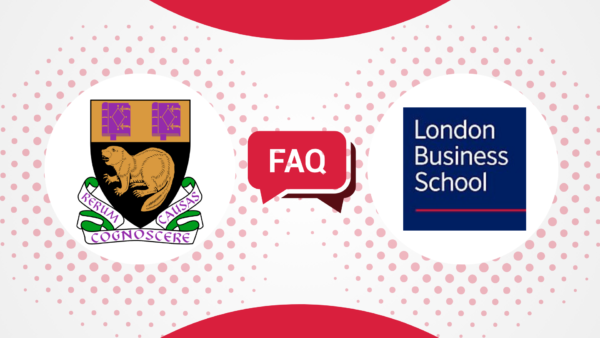
Is LSE comparable to Ivy League?
Yes, the academic and research excellence of LSE can be compared to the Ivy League Universities in the United States.
How prestigious is LBS?
London Business School ranks 4th according to the Financial Times and 5th in the world for its MBA programme according to QS MBA rankings. It has tie-ups with world class b-schools like Columbia and MIT Sloan, and is generally considered one among the best schools for management related degrees in the world.
Is King’s College London better than LSE?
The answer depends on a number of factors that involve personal preferences. That said, LSE is generally considered better for social sciences while King’s College is one of the best in the world for medicine, healthcare, law, international relations, and some technical courses.
What is the most competitive program at LSE?
Economics, finance, global studies, and law are some of the most competitive disciplines at LSE.
Is LBS MBA hard to get into?
On average, the acceptance rate of an LBS MBA program is about 20%. It is highly selective but not impossible to get into.
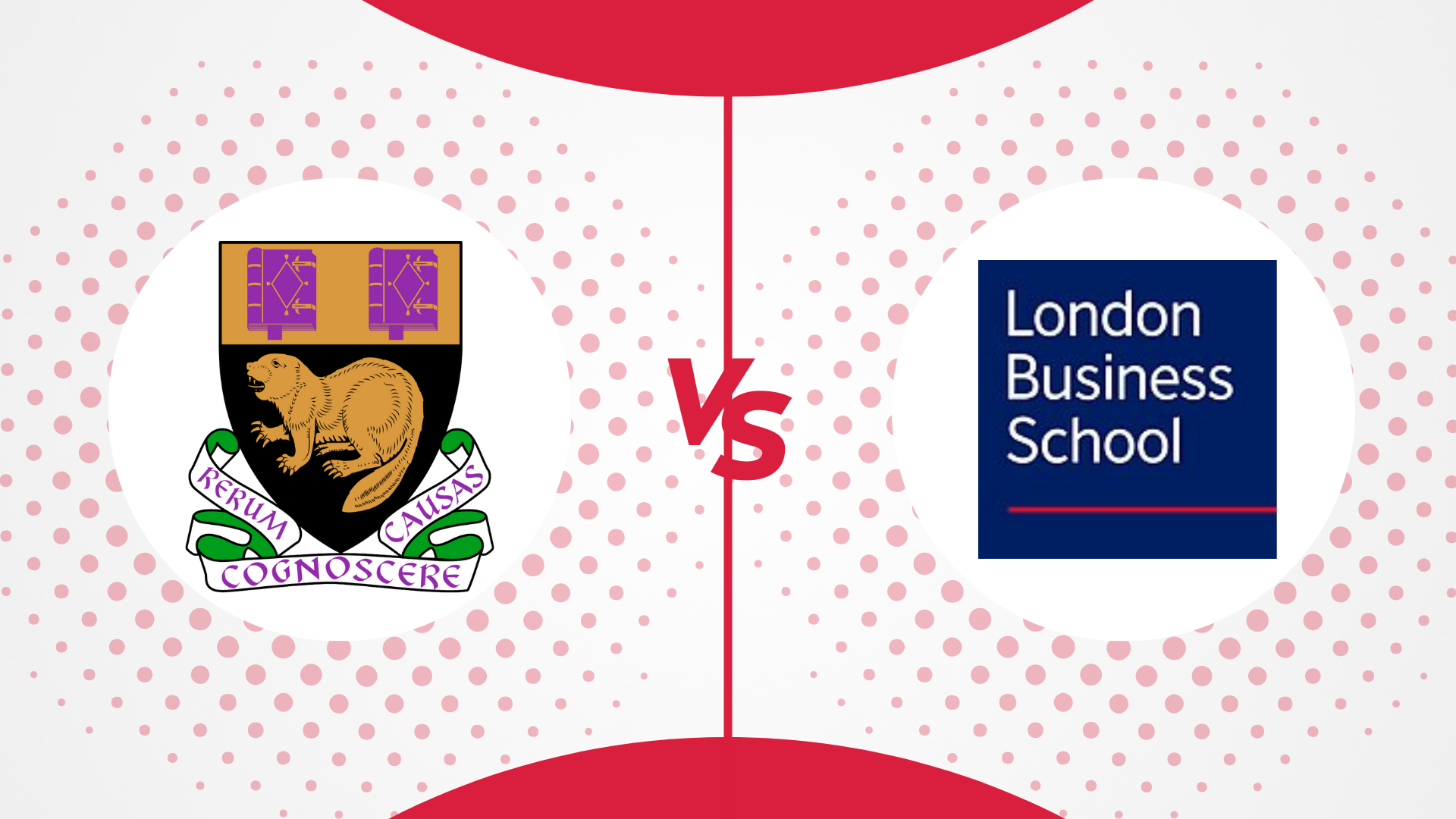
Compare more universities in UK
-
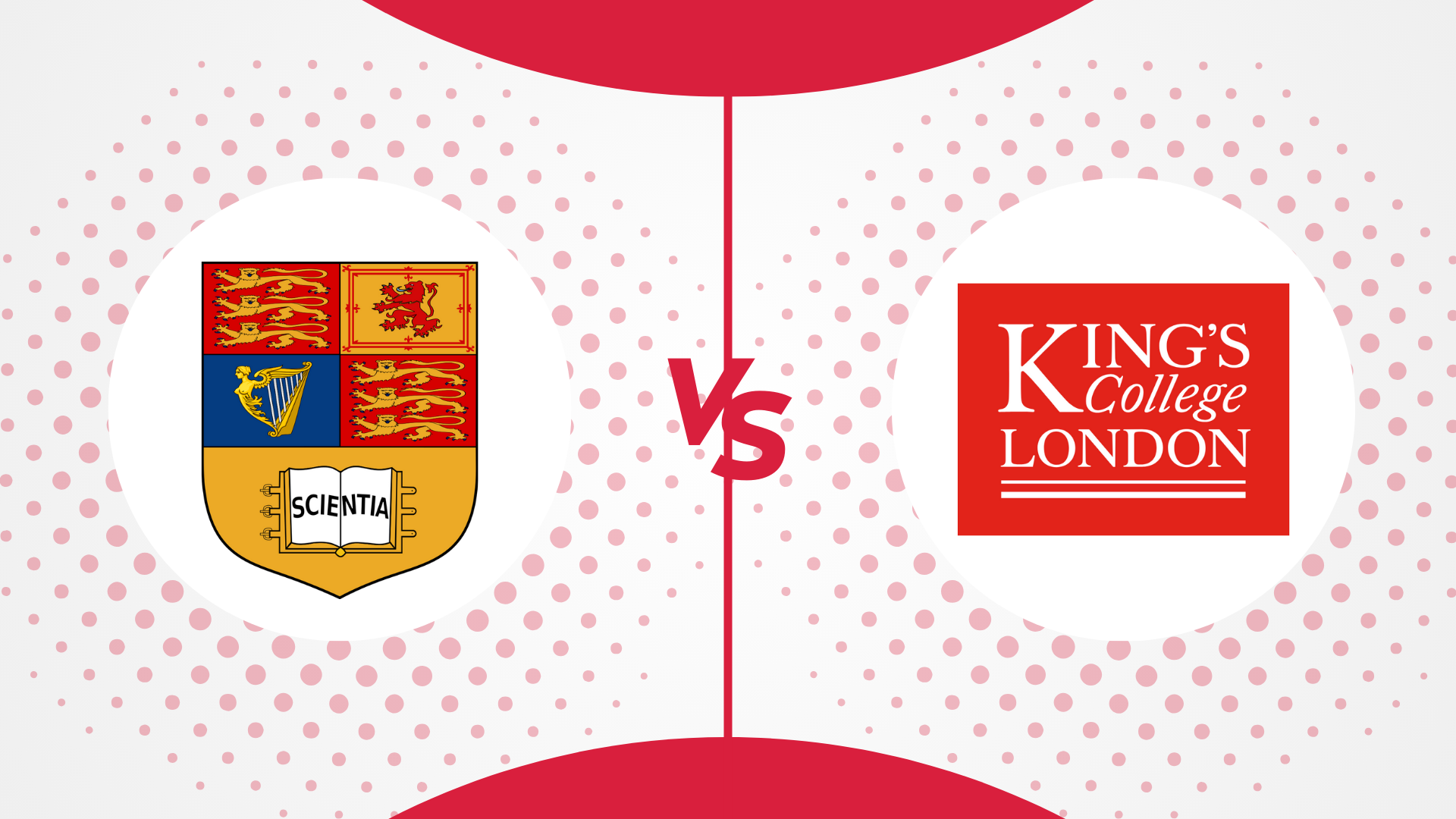
King’s College London vs Imperial College London: How do they Compare [2025]
July 31, 2025 -

London School of Economics vs King’s College: How Do They Compare? [2025]
July 25, 2025 -

UCL vs Imperial: How Do They Compare? [2025]
July 23, 2025 -
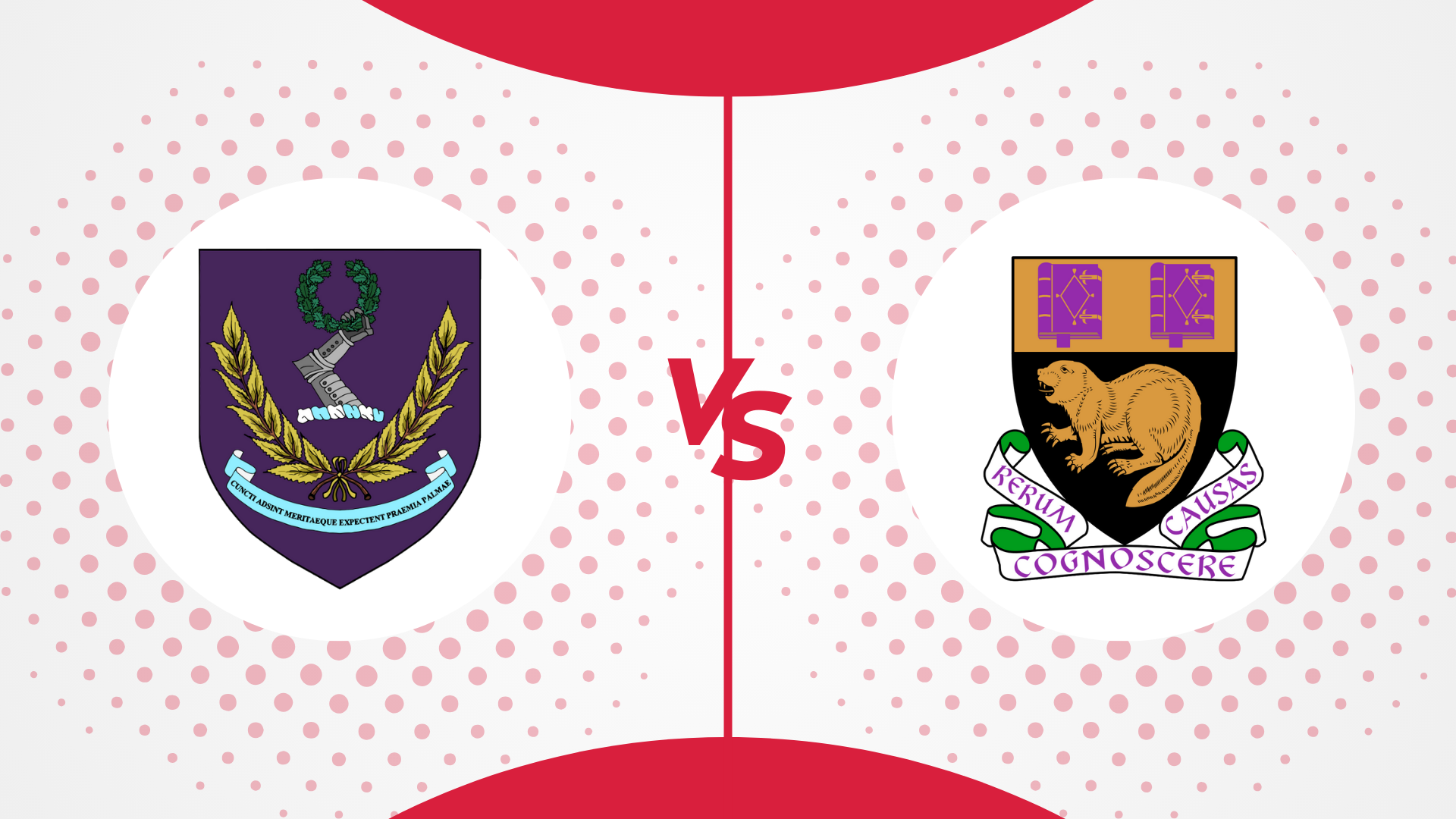
UCL vs LSE: How Do They Compare in 2025?
November 19, 2024 -

Nottingham University vs Nottingham Trent: How Do They Compare? [2025]
November 19, 2024 -
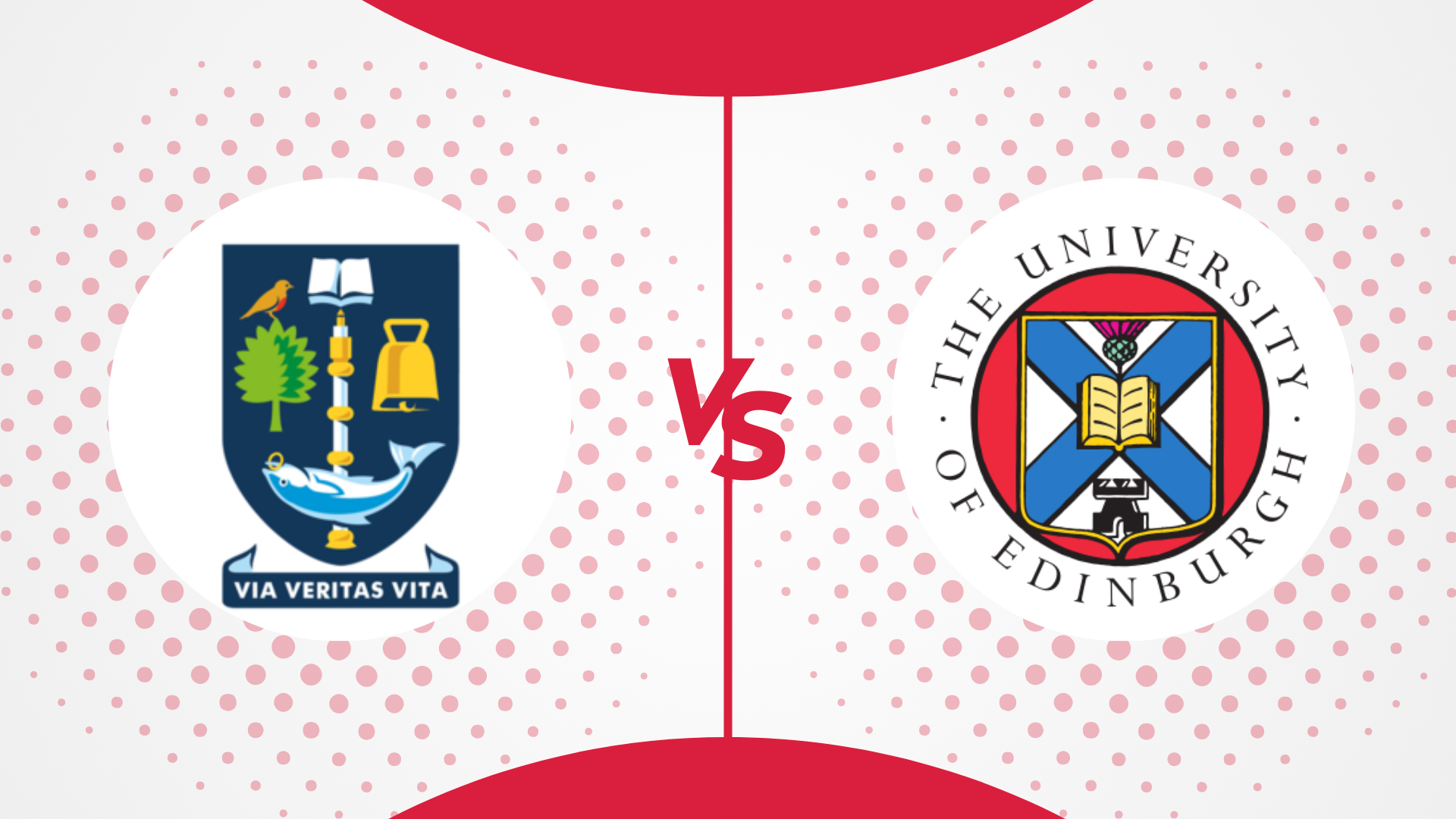
Glasgow University vs University of Edinburgh: How Do They Compare? [2025]
November 19, 2024 -

University of Edinburgh vs King’s College London: How Do They Compare? [2025]
November 7, 2024 -

Durham University vs Glasgow University: How Do They Compare? [2025]
November 6, 2024 -

LSE vs Oxford: How Do They Compare? [2024]
October 8, 2024 -

Durham vs Warwick: How Do They Compare? [2025]
September 27, 2024


















